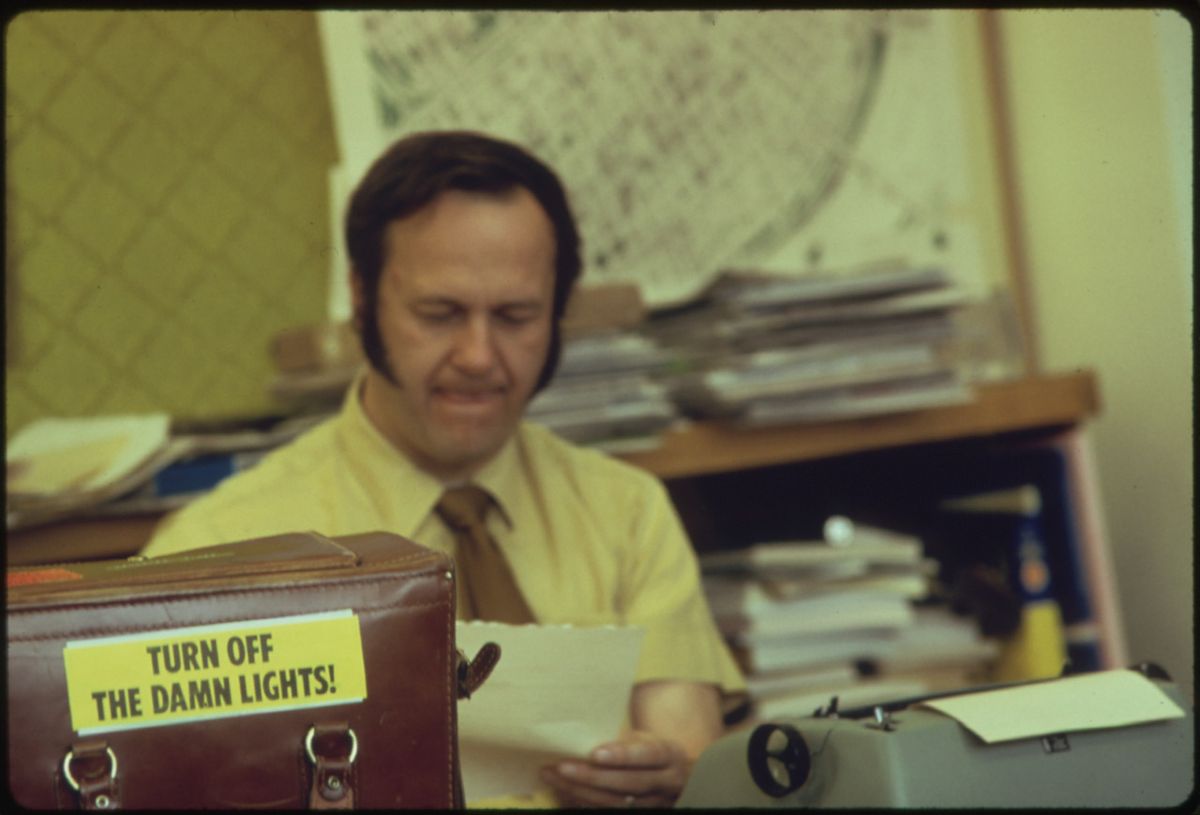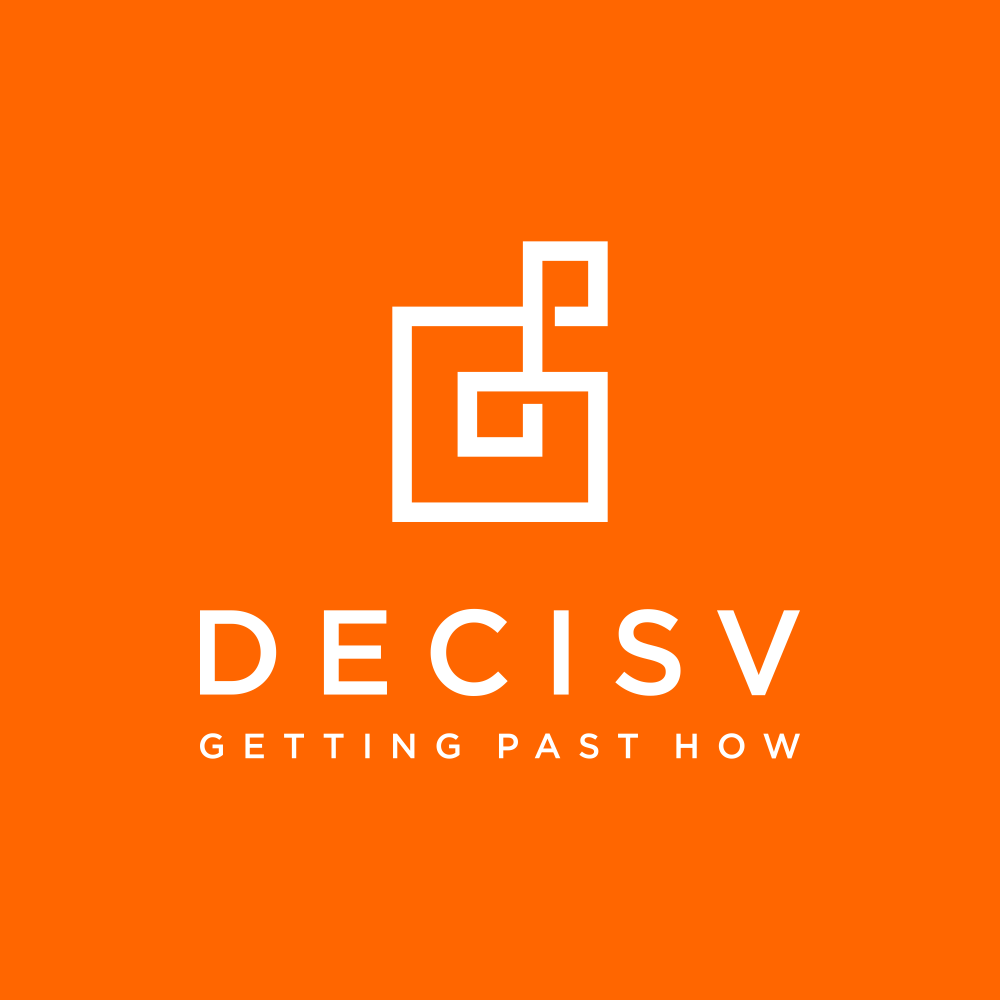We Are the Guardians of Our Own Standards

The focus of this series of posts is to better describe who a manager (which I show here as [.]) is and does. Part of my motive is to get away from the leader vs manager topic which I believe is a false dichotomy. The trouble is finding a word to describe the modern [.].
My idea is to work through the motives and behavior of these professionals to find a more accurate word. The previous posts were a bit abstract as I sought to set the scene. This one will be a bit more specific. But only a bit, as I’m still feeling my way forward on this.
A defining element of the modern [.] is taking responsibility for something important, where important is having a positive impact on society. By taking responsibility for something outside of them, they must take time to understand what’s inside of them. They must seek to understand themselves.
Understanding goes beyond getting a sense of something. 'Understand' is a complex word with a long history. I use it in the sense of being close to oneself. What I mean here is having a strong comprehension of what it is that drives you and why. Taken together this helps identify the who. The modern [.] must understand themselves by getting close as they can to their unique self.
If the task of the [.] is to cause a positive qualitative change for society, they must have a clear sense of the change they wish to make of themselves. Or, put another way, that element of their identity they wish to project into society.
This is another reason why I hold that business is fundamentally creative and generative. It’s not about the rote application of technique. The craft of the stonemason is common to stonemasons, yet not all stonemasons were capable of the breathtaking vision of the great Gothic cathedrals of high medieval Europe.
Another reason why the [.] must seek to understand themselves is because they apply their creative energies to the future rather than the past. The will to change prefers opportunities which haven’t occurred yet over the problems that have. Once events have transpired the [.] changes gear and uses a different skill set.
Problems call for analysis which uses a different part of the brain. I'm not saying that the [.] can absolve themselves of solving problems. I'm saying that directing the [.]’s creative energies into the future creates more of the right problems to be solved.
I work in the analytics industry and one thing Big Data has provided us is a veritable gold mine of problems that we can apply our analytical minds to. This is great… but analysts can spend their whole life solving problems without achieving anything.
Again, I'm not disrespecting the profession. I'm saying that by getting on the front foot and focusing on the opportunities of the future we create worthwhile problems that go to the heart of the change we seek to make.
Once we get to a place of creating worthwhile problems we find ourselves at the critical place of realizing that success is a matter of personal definition. Witness the experience of many contemporary [.]’s who are ticking all the right career boxes yet coming up short in terms of their own life experience.
That’s the path to empty success. Success for the [.] can only be defined in personal terms. There is a trend at the moment to throw performance appraisal into the trash. To a significant degree this is a good thing. But there is something to be said for one person helping another define what success means to them.
Many of us, most of us even, struggle to define what success looks like without the involvement of another person. This is because no one sees themselves clearly. We need people to help us define the detail of the future we wish to create. I’d like to see this element of the performance appraisal kept in place. It needn’t be with one’s formal report. We all need coaches, so this is something that can occur as part of a coaching relationship.
This act of personal definition of success is ongoing. It doesn't stop. This is because the fundamental matter with which the [.] works is knowledge and the medium for their work is people. Knowledge and people. It’s a tricky mix.
The work of the [.] will not end if they take responsibility for something of genuine importance. It won’t end if it’s connected to a genuine human problem. This is because the life of one person isn't likely to encompass the complete solution of the challenge in question.
A peculiarity of working with knowledge is that the results aren't self-evident. We don’t get to hold up a box of widgets and say ‘this is the result of my knowledge’. They might be some of the results of your knowledge, but they won’t fully encapsulate what you have created. This is because the medium for the work of the [.] is people. And people are mysterious creatures.
Knowledge gains value through recombination. It’s hard to predict what emerges when one piece of knowledge mixes with other pieces. Sometimes nothing, sometimes everything. Taken by itself the knowledge that emerges from my specialization might be interesting but it won’t do much by itself.
I need to add it to something else to have an impact. Knowledge is something people pull towards themselves as they search for that unique thing only they can describe.
This is why its important for people to commit to their work, provide a means for other people to come across their work and at the same time search for knowledge themselves. People are complex and society is a complex adaptive system. We need to be active to achieve our ends, yet may never know the fullness of what we achieve. Because it might be one sentence that I read in passing that completes the puzzle that has sat unsolved in my head.
Seeking after serendipity has become one of the main tasks of the [.]. Whereas much of our time over the last 100 years has been about organizing for reproducibility, now it’s about providing for uniqueness. And that doesn't sit well with the structure of theory and practice that we've built around us.
But that’s ok. The history of humanity has been all about casting off the old in search of the new. It’s part of what we do. In this regard I'm an optimist.
Because the task of the [.] is to encourage the unique, first in themselves and then in others, only the [.] can design their work. This means there’s as many designs for success and failure as there are people. Success is a local configuration. It’s unique to the person, the environment and the others who take it to be true or useful.
Knowledge work can’t be mass-produced, thought it can be shaped. Bits can be cut off to make it fit and conform to a unifying vision. This is a good thing: providing for shared identity is an important element of what it means to be a [.].
But this doesn't mean designing the work of others. People need direction, but don’t need to be directed. There is an important element of personal sovereignty over one’s work that, if not respected, robs the work of the unique. And it is the unique that is valuable. So the task is finding complementary knowledge work that is unique but similar enough in shape to fit together and create something new and better. This is what conformity means. To make similar (but not the same), to shape together (but not to stamp), to modify (but not to manufacture).
Conformity is the aim, but uniformity is not. Uniformity is about having the same shape, about having one form. Uniformity was a target state of the industrial [.]. For the knowledge [.] uniformity is the starting state. Our task is to encourage enough deviation to create the unique while still allowing for enough similarity that each piece informs the other. Informity isn't a thing but to inform means to give form to.
Which is about creativity and so we circle back to the essence of the [.] as someone who brings something into being that wasn't there before. Business is fundamentally a creative exercise and if it isn't approached as such our established mental models will lead us towards uniformity rather than conformity. Because the only person that can design their contribution to knowledge is the person that creates it. Only that person can direct it in accordance with the design they hold in their minds.
It’s at this point that it’s helpful to remember that knowledge work, creative knowledge work, is hard to do. It’s a lot easier to copy than it is to create. And imitation is the poor cousin to creation (as well as being the highest form of flattery). This helps explain why so much of what we see in the world of business, especially over the Internet, looks the same.
Another element that affects the work of the modern [.] is that they must be guardian of their own standards. This reinforces the idea that the principal task of the [.] is to take responsibility. The first step towards taking responsibility for making important things happen for society is taking responsibility for one’s own behavior. And that bar will be set as high or as low as we choose.
Maintaining a high personal standard gives the basis of maintaining a professional standard. That we must require various professions to adhere to minimum standards of behaviour indicates how unevenly distributed genuine standards of professional conduct are. There are fewer ‘good’ [.] in the world than we might otherwise think. That we have to mandate behaviour is another way of contributing to the distracting leader vs [.] debate.
What we’re saying is that too few of us hold ourselves to high standards of conduct. Another word for this is integrity. Once we start talking about integrity people tend to sit up and take notice. We all like to think we have it. But integrity is a delicate quality. Integrity is hard to earn but easy to lose. And integrity is the basis for taking responsibility.
Integrity means wholeness or completeness of self. It means having all of yourself present and accountable in your daily life. In our distracted and fragmented world this is hard to maintain. It means focusing on something greater than yourself, or that part of yourself that is the best version of yourself.
It is because integrity means wholeness of self and understand means being close to self that I place so much emphasis on the principle of taking responsibility as the defining mark of the modern [.].
For the [.] to achieve impact for society they must take responsibility for making that impact happen. Taking responsibility is an exercise of integrity and is reinforced and maintained by voluntary standards of conduct.
When I work with people around their governance culture I use a rule of thumb that the call for governance will be as loud as professional accountability is low.
Where professional accountability is high the weight of governance can be reduced. Which is a good thing because governance is a cost to the organization in terms of time, energy and communication. Otherwise too many people spend too much time covering their asses. Time and talent is short so it’s best for everyone that we cultivate high standards of personal accountability in our work.
Our standards of voluntary conduct contributes to our professional identities. Professionalism is an obscure thing. Being a member of a profession or being a professional at something doesn't make you ‘professional’.
The core of the word is to profess. That is to make public statements, to openly declare or voluntarily testify. This is about making powerful statements to the world. This is why it is such a good idea for the modern [.] to write a manifesto. It is that documented statement of intent that forms the basis of individual professionalism.
We have to stand for something to have a hope of having a positive impact in the modern world. Our voluntary standard of conduct is absolutely critical. It’s a choice we have full control over and is a choice we neglect to our peril. Climbing out of the mire to make a difference in the world requires us to make the effort to understand ourselves.



